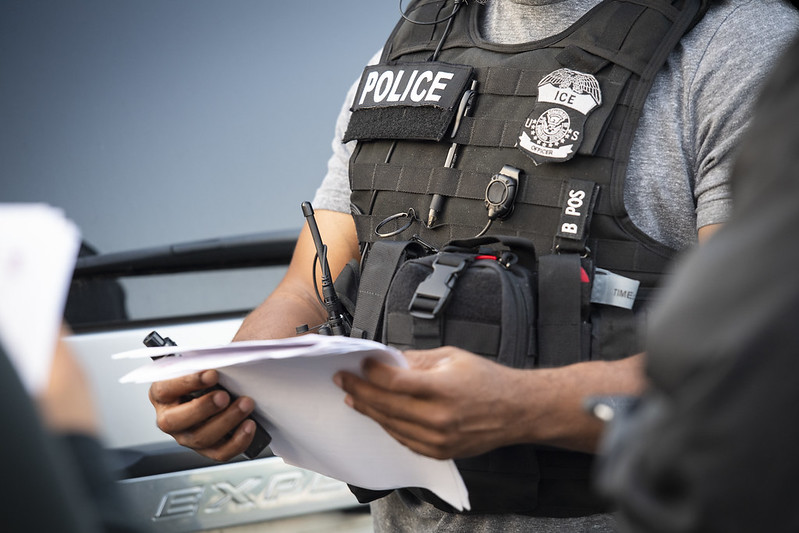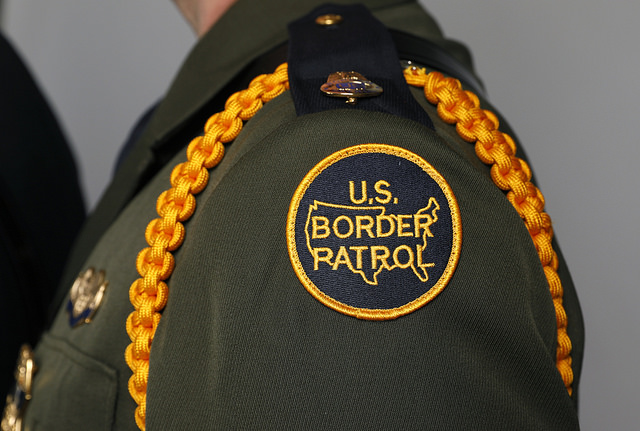By Steve Neavling
The Justice Department has directed the DEA to suspend its long-standing practice of searching passengers at airports and seizing their cash.
The decision follows concerns raised by the department’s internal watchdog that the searches could be contributing to civil rights violations and potential racial profiling.
In a management directive issued Thursday, the Justice Department’s Office of the Inspector General (OIG) revealed that complaints about these searches had been accumulating for years, NBC News reports. Recent findings uncovered significant issues, including potential constitutional violations linked to the searches.
The OIG’s report said the practice “creates substantial risks that DEA Special Agents and Task Force Officers will conduct these activities improperly; impose unwarranted burdens on, and violate the legal rights of, innocent travelers.” It also noted that the searches “waste law enforcement resources on ineffective interdiction actions.”
In response to the findings, Deputy Attorney General Lisa Monaco ordered the DEA to halt the searches while an internal evaluation is conducted.
The DEA largely agreed with the report’s recommendations but declined to provide additional comment.
The report detailed how DEA agents, often working with local police, had been stopping airport passengers based solely on their purchase of last-minute tickets. Without obtaining warrants, agents demanded to search travelers’ bags. Although participation in the searches was supposed to be voluntary, the timing often created pressure for passengers who feared missing their flights if they refused. If cash was found during the searches, it was often seized through civil forfeiture, a process requiring passengers to prove the money was not tied to illegal activity to recover it.
The OIG could not determine if the searches involved racial profiling because the DEA does not consistently collect data on all individuals stopped, only on cases where money is confiscated.
“The Department has long been concerned — and long received complaints — about potential racial profiling in connection with cold consent encounters in transportation settings,” the report said. Between 2000 and 2003, the DEA conducted a pilot project collecting data on all such encounters at certain transportation hubs. However, the report noted that neither the DEA nor the Justice Department analyzed the data for evidence of racial bias, and the DEA halted the data collection in 2003 while continuing the practice of consensual encounters.
The OIG’s report also focused on a specific incident at the Cincinnati airport, captured in a widely circulated video released by the Institute for Justice, a nonprofit civil liberties law firm currently pursuing a class-action lawsuit against the DEA.
In the video, a passenger flying to New York recorded himself refusing consent for a DEA agent to search his bags. The agent responded that consent was unnecessary and pressured the passenger, using what the Institute for Justice called “illegal bullying tactics.” The video, which has been viewed over 2.6 million times, shows the agent saying: “You don’t have to consent. When you buy a last-minute ticket, we get alerts. … We have a lot of money and drugs going out of every airport to New York.”
The passenger ultimately agreed to the search after missing his flight. No illegal items were found.
The OIG revealed that this search was prompted by a tip from an airline employee who flagged passengers buying tickets within 48 hours of departure. That employee, the report found, was being paid by the DEA a percentage of the cash seized during the searches, receiving tens of thousands of dollars over several years. The arrangement was deemed problematic by investigators.
The Justice Department’s directive aims to address these troubling practices while the DEA’s activities undergo further scrutiny.






